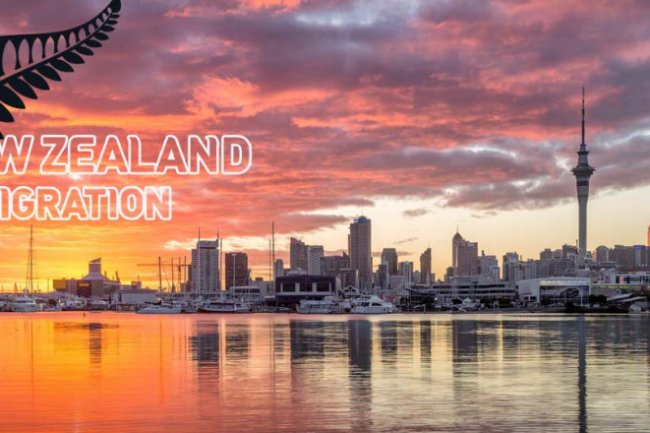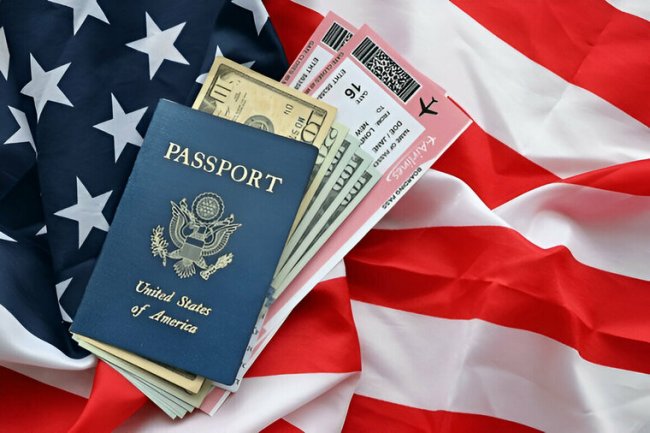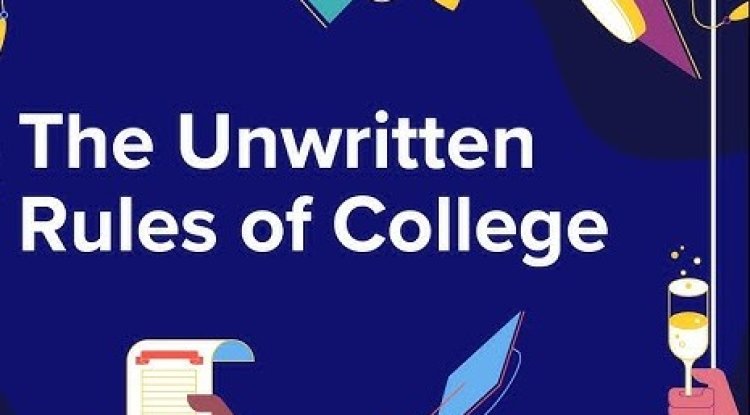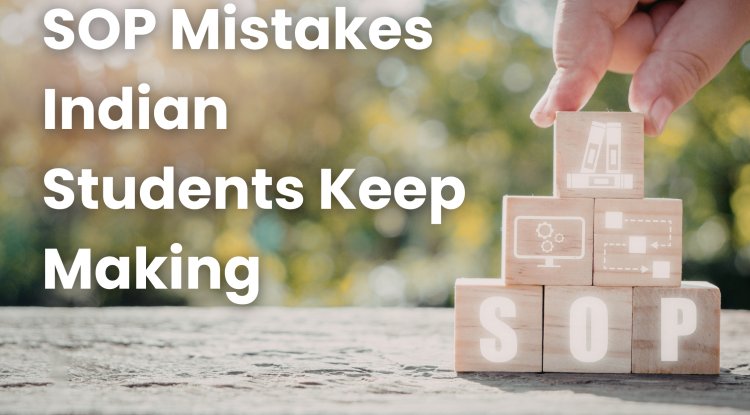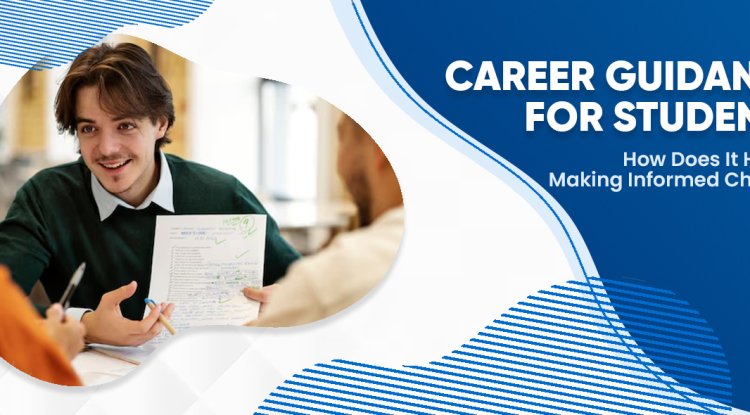To study in the US, you require a student visa in addition to having excellent marks. However, obtaining a visa can be challenging, so we are here to help.

You must apply for a student visa if you intend to study in the United States as an undergraduate or graduate student. The type of study program you will enroll in determines the visa type you require. Each year, several international students seek to study full-time at US colleges. To study in the US, you require a student visa in addition to having excellent marks. However, obtaining a visa can be challenging, so we're here to help.
All overseas applicants, including those without US citizenship or permanent residency, are required to first obtain a US student visa. This ensures that they lawfully attend the university in the US. This international student visa enables you to temporarily remain in the US while participating in an authorized academic exchange programme, language programme, or school.
We will provide the fundamentals of visas and how to obtain a student visa for the United States in this blog. We'll also provide you with some pointers and resources you can use to make sure the procedure for applying for a visa goes as easily as possible.
The process for applying for an F-1 visa is similar to and identical to that of an M-1 and J-1 visa. Therefore, the three US student visa categories are all compatible with the application process described below.
Here are the general steps for getting a US Visa:
1. Apply to a US institution: You must first apply to and be accepted by a school, college, or university in the United States. The institution will provide you with a Form I-20, which is a document you need to apply for a student visa.
2. Acceptance to a US educational institution: You must be accepted into a US educational institution and have a valid Form I-20, a document that verifies your acceptance and outlines the details of your program.
3. SEVIS fee: You must pay the SEVIS (Student and Exchange Visitor Information System) fee, which is a fee that supports the system that maintains information on international students and exchange visitors.
4. Submit DS-160 Form: You must complete the DS-160 form, an online nonimmigrant visa application.
5. Passport: You must have a valid passport that is valid for at least six months beyond the date of your intended stay in the US.
6. Application fee: You must pay the visa application fee which is non-refundable.
7. Interview: You must attend an interview at a US embassy or consulate in your home country. Wait times for interviews can vary depending on the location, so applying well before your planned departure date is recommended.
8. Attend the interview: You will need to attend the visa interview in person. During the interview, a consular officer will ask questions about your intended study program, ties to your home country, and your ability to fund your education.
9. Wait for your visa: If your visa application is approved, your passport will be returned to you with the visa attached. If it is denied, you will receive a letter explaining the reason for the denial.
In addition to these steps, you may also need to provide additional documentation, such as academic transcripts, proof of financial support, and evidence of ties to your home country.
After you finish your course, the student visa expires at a given stipulated time. You will have to leave the US at that point. You may later visit the US on a different visa, which is appropriate for your circumstance or situation.
How can you be sure there won't be any issues along the way?
Follow the advice we've provided below to make sure your visa application procedure goes smoothly.
Get going early!
Try applying for a student visa as soon as you are accepted at a particular university that you have shortlisted. It is also a good time to apply if you have received Form I-20 or Form DS-2019 from your college or university. If you wait until too close to the commencement of your programme, your application will likely be denied.
If you are applying to several US universities, we advise delaying your visa application until you have heard from each institution about your admission or until you have heard from your top pick.
If you have any questions or doubts, please get in touch with your embassy. Always contact your nearest embassy with any queries or worries you may have regarding the visa application procedure. The best place to get information on fees, the interview, and other visa-related issues is your embassy.
Here are some tips to help increase your chances of getting your US student visa approved:
- Be well-prepared: Make sure you have all the necessary documents for your visa application. This includes your Form I-20, SEVIS fee payment confirmation, and any other documents required by the US embassy or consulate in your home country.
- Be honest and transparent: When answering questions during your interview, be honest and provide clear and concise answers. If you do not understand anything, don't hesitate to ask for clarification or an explanation.
- Demonstrate strong ties to your home country: You need to convince the consular officer that you have strong ties to your home country and intend to return there after completing your studies. This can include family ties, a job offer, or property ownership.
- Show evidence of financial support: You must demonstrate sufficient funds to cover your education and living expenses in the United States. This can include bank statements, scholarships, or other sources of funding.
- Be respectful and courteous: The consular officer will be assessing not just your qualifications, but also your character and behaviour. Be polite, respectful, and professional during your interview.
- Start the process early: Visa processing time can change with the time of year and the location. It's best to start the process as early as possible to avoid delays or problems.
It is important to note that the process and requirements for obtaining a US student visa can vary depending on the type of program you will be attending and your country of origin. Be sure to check with the US consulate in your home country for specific instructions and requirements. It is important to note that the visa application process can be complex and may vary depending on your particular circumstances.
Seek help from professionals: If you're unsure about any part of the visa application process, seek advice from professionals such as education consultants, immigration lawyers, or your school's international student office. We at ACHIVIA can provide guidance and support throughout the Visa obtainment process.
What are you waiting for? Let's get you going!
Connect with us today for a free student visa consultation!
What's Your Reaction?









